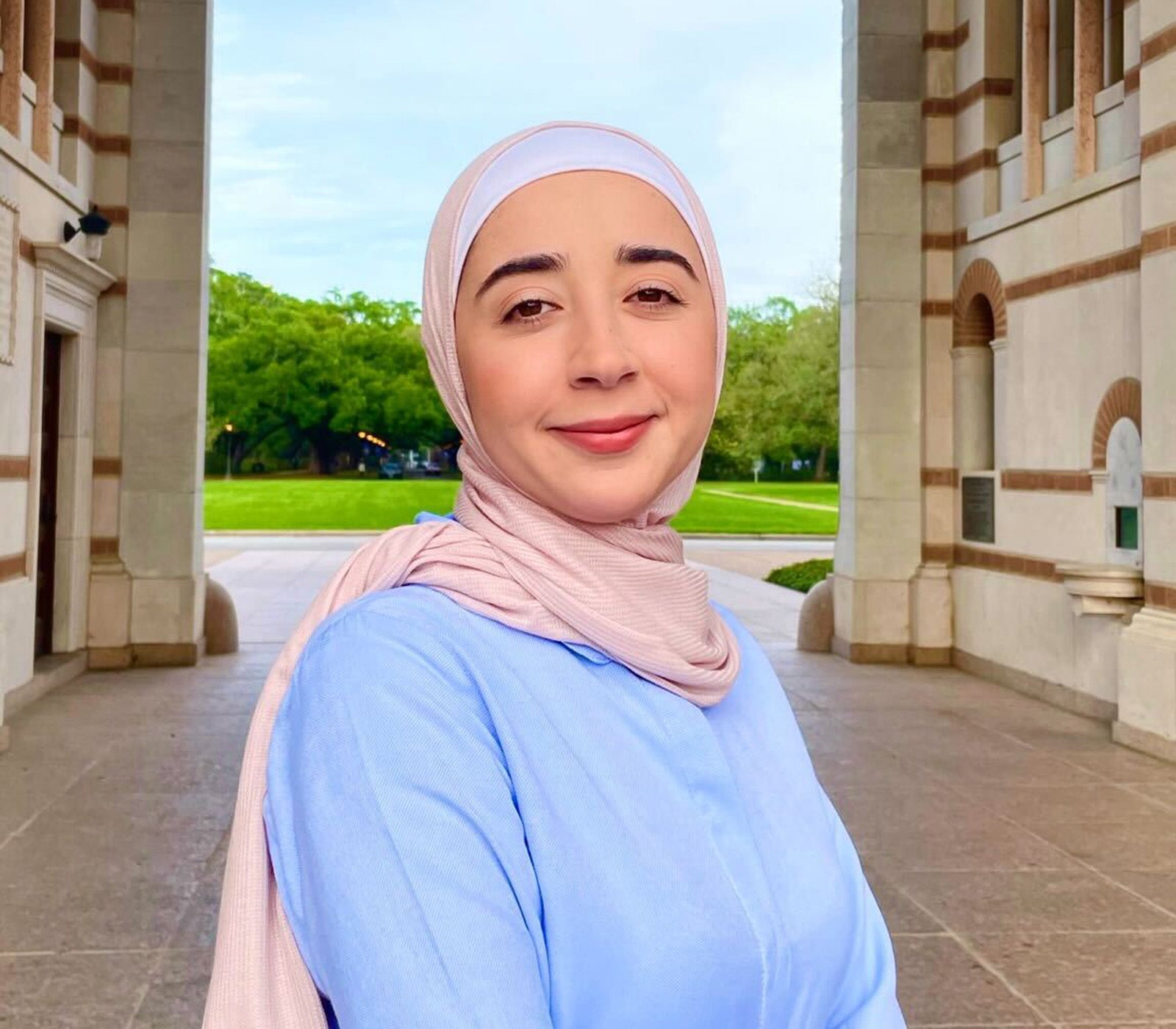March marks the annual celebration of Women’s History Month, an occasion to recognize and uplift women who are making an impact in their respective fields. One such woman is Fatima Alrashdan, an Electrical and Computer Engineering Ph.D. student at Rice University, who is part of a growing number of extraordinary women challenging the status quo in engineering.
Fatima is on a mission to revolutionize treatment for those suffering from neurological and neuropsychiatric disorders. Using the expertise she has cultivated during her time at Rice, Fatima is creating implantable bioelectronic devices that precisely deliver controlled electric stimulations. These stimuli can either regulate the nervous system or record its electrical, chemical, and physical properties.
And these unique bioelectronic devices are smaller, safer and less invasive than traditional treatments used today.
“To make these devices more efficient and less invasive, we utilize magnetoelectric technology to design wireless power and communication systems that are tailored specifically for bioelectronics applications,” said Fatima.
Using this technology, she hopes to improve therapy for these disorders.
“By doing so, we hope to enable adaptive closed-loop systems and distributed networks of implants that would deliver more efficient and personalized therapy,“ said Fatima.
For Fatima, the study of bioelectronics is not just a passion - it's a mission to give hope to those suffering from these problems, from neurological disorders like Alzheimer’s, migraines, stroke, and epilepsy to neuropsychiatric disorders such as bipolar disorder, schizophrenia, major depressive disorder, and more.
I believe that bioelectronics can provide a new avenue of hope for individuals suffering from chronic and drug-resistant disorders. As an engineer, my main goal is to advance this field and create innovative solutions that can help patients better manage their conditions and live more fulfilling and meaningful lives.
As a recipient of the Lodieska Stockbridge Vaughn Fellowship, ACM MobiCom Best Paper Award, and ACM MobiCom Travel Grant, other academics are taking notice of her work ethic and research too.
Fatima cites the support and insights she received from numerous professors at Rice as a source of inspiration for her research.
“I was lucky enough to have several professors who were not only knowledgeable and experienced, but also showed great support, compassion, and kindness,” said Fatima.
Specifically, Professors Saher Albatran and Issam Smadi, who mentored her during her undergraduate years, and her current advisor Prof. Jacob Robinson, were key players during her studies, she said, offering her the guidance and mentorship she needed to keep up her work.
Alrashdan’s work holds immense potential for increasing the quality of life for those living with these conditions – and it’s powered entirely by her passion, education, and determination. This Women’s History Month, we celebrate Fatima’s ambition and dedication as she works towards a brighter future for those who need it most.

